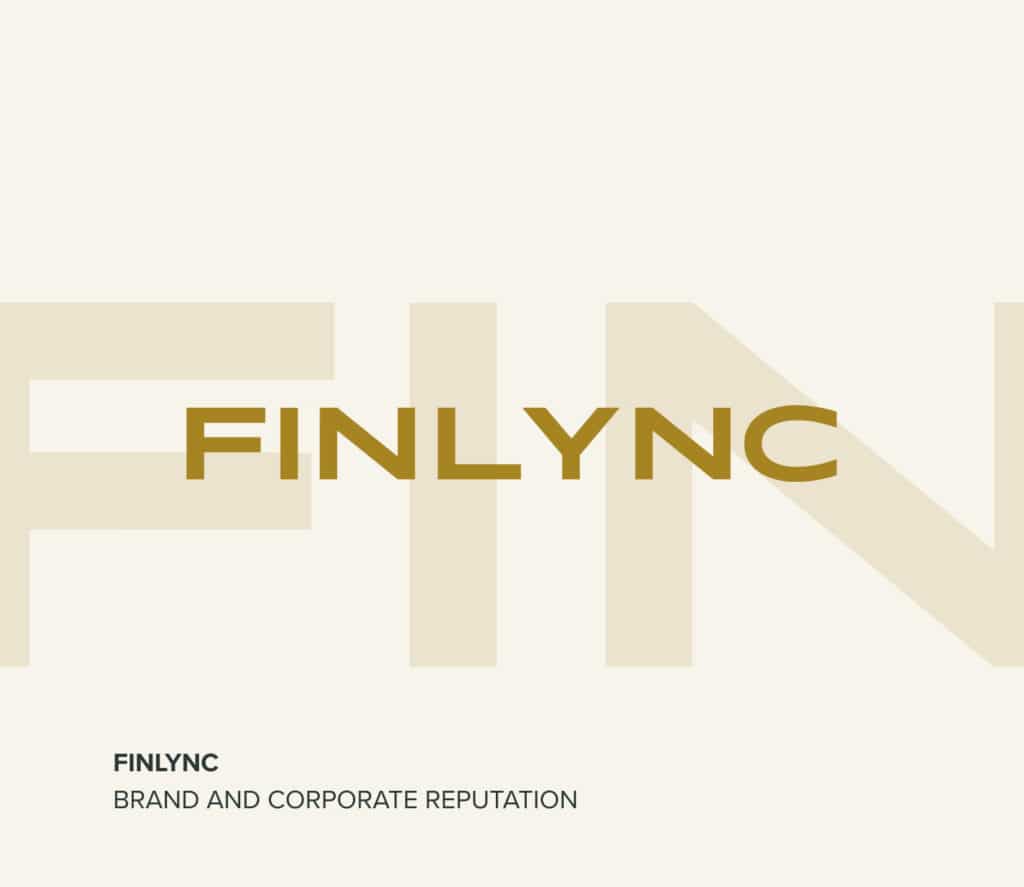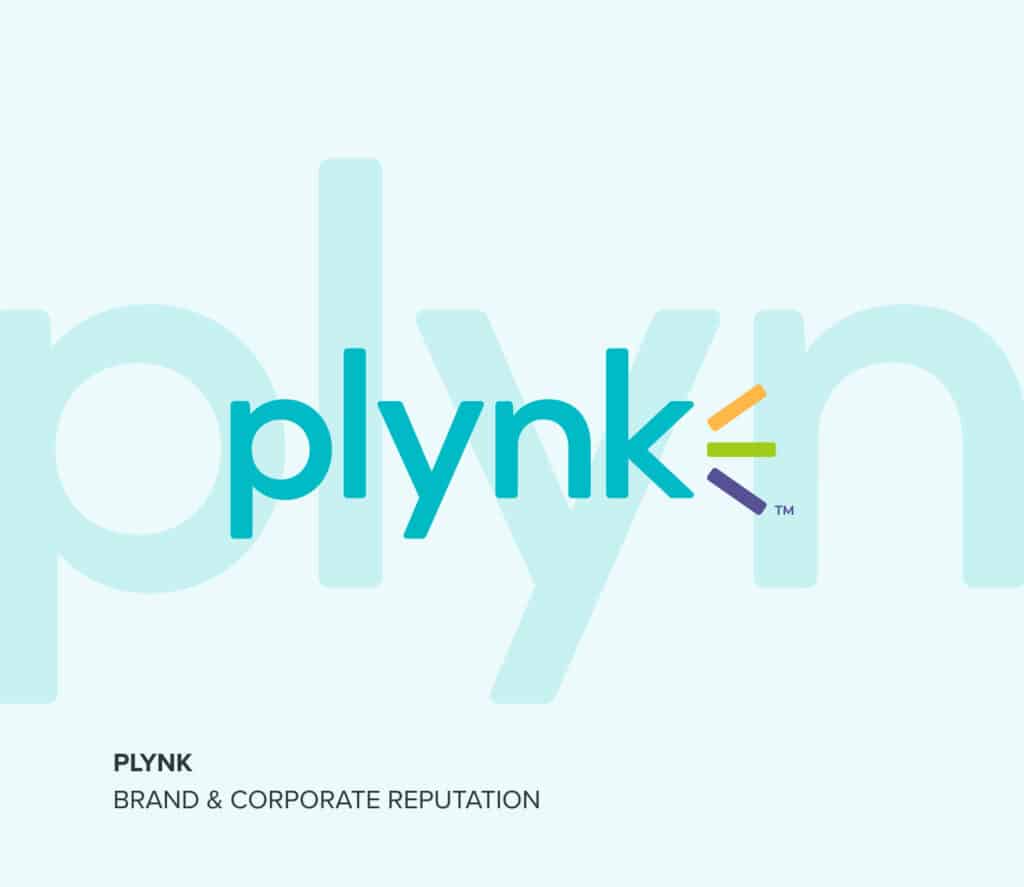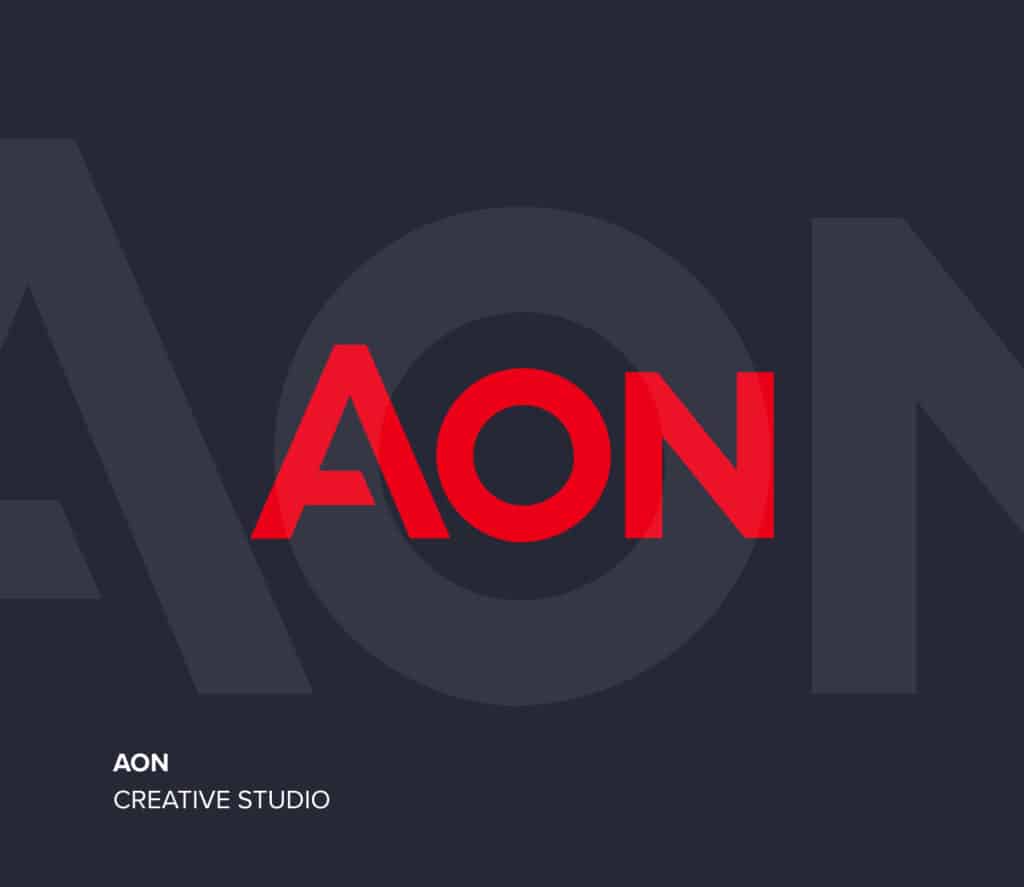IPOs continue to perform, lower mortgage rates mean fewer loans and the new after school activity
Party like it’s 1999: Despite the economic struggles faced by millions of small businesses and Americans, the IPO market continues to perform on track to its biggest year yet. “Bankers, lawyers and executives say that if the frenetic pace keeps up, 2020 will eclipse the tech-boom years of 1999 and 2000,” reports The Wall Street Journal. IPOs this year are so far posting the biggest gains during their trading debuts since 2000. On average, 2020 IPOs have risen roughly 24% from their original prices.
Most of these initial public offerings fall into three categories, with more than 80% of the money raised going towards healthcare, technology or “blank-check” companies- shell firms which only exist to acquire a private target and take it public. While this is the most concentrated IPO market seen since 2007, the success of the IPO market has never before been so divergent from the state of the U.S. economy.
Lending rate lows: All-time lows for 30-year fixed-rate mortgages continue to be a motivating factor for many would-be buyers to lock in financing as rates continue to average under 3%. But finding a mortgage lender willing to work with you may be more difficult than in previous years. Per MartketWatch, a recent report from the Mortgage Bankers Association found that mortgage credit availability has dropped to the lowest level since March 2014. Uncertainty in the job market are among several factors causing banks to scale back offering loans for potential buyers with lower credit scores or small down payments. Jumbo mortgages have also become harder to secure while their rates have remained much higher than the rest of the market.
After school pods: Children in communities across the country have returned to virtual schooling. Some parents eager for their children to access some form of socialization and in-person educational instruction are banding together to transform rooms in their homes into mini classrooms shared by a small group of families. As this trend has begun to emerge, the question about accessibility for families without the resources to facilitate the development of their own learning pod followed.
Fast Company shares that entrepreneurs like Michael Straton, a partner at Learn Capital, are approaching the design and funding of learning pods as a problem to solve. From “pandemic pods” to “learning hubs” several companies have launched platforms helping parents connect with others whose children enjoy specific topics and activities to help supplement their traditional school curriculum.
A zombie apocalypse: Zombie businesses are not a new phenomenon to The Economist. These marginally profitable firms were featured heavily in the 1990s as part of Japan’s “lost decade”, and have since gained traction globally. Defined as firms that failed to generate enough revenue to make interest payments for three years running, zombie firms may make up to a fifth of firms in the U.S. and U.K.. While these unproductive companies may seem harmless, there are several ways they may be negatively impacting the economy.


